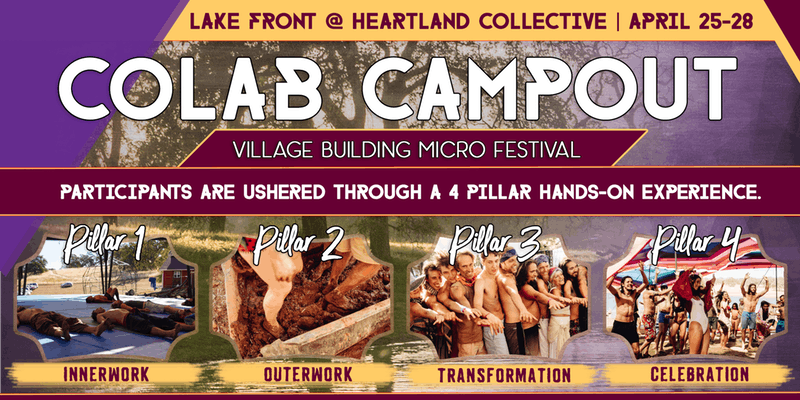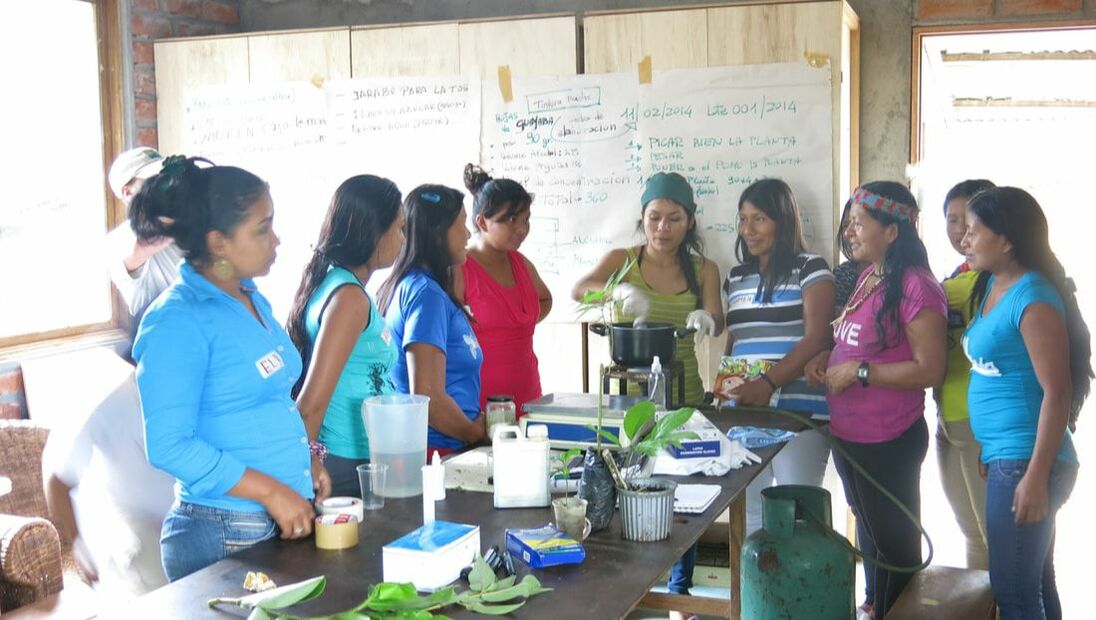|
We are delighted to both welcome and tell everyone about CoLab Campout and invite you to join its 3rd village building event coming up April 25-28 just an hour outside of Sacramento.
This is where the reflective & action oriented retreat meets the transformational festival. It’s multicultural, multigenerational, and designed to be regenerative on MANY levels. The CoLab team has created a very unique 4 pillar hands-on experience consisting of InnerWork, OuterWork, Transformation, and Celebration. Their goal is to empower people to see and experience how powerful it is when we collaborate to build a regenerative future together. The Heartland Collective is a beautiful 26 acre lake front property an hour from Sacramento CA. They also have a vision to bring this event model to intentional communities all over the world, and they are calling on US now to join in this CoLab experience this together. It’s a VERY affordable event, and you have been offered a sweet $20 discount plus your ticket purchase also creates a $20 donation to Empowerment Works if we use “ew” as the promo code. Let’s do this!
9 Comments
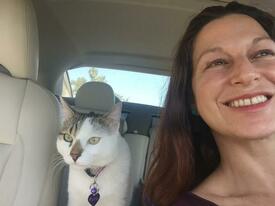 The last time I shared a personal note in the Inspired Citizen I had moved to Amman, Jordan, where I'd married a man I met while working in Nepal. This is how my marriage did not work out, the Summit in Jordan did, I kept the Cat, and life continues in unexpected and beautiful ways... From October 2017 to February 2019, Jordan - at the cross-roads of every major Middle Eastern conflict known - was home. For the first six months of this time I lived with the Palestinian parents of my former husband, him, and his two year old son, Laith who I fell harder in love than anyone and got a taste of motherhood from. 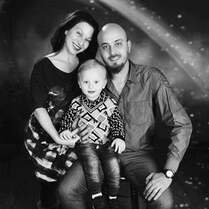 Christmas 2017, Amman Jordan Christmas 2017, Amman Jordan My mother and father in law, Fatima and Mohammad, like so many Jordanians, became so in fleeing the Israeli occupation almost two generations ago. Fatima being the eldest of 12 girls was supported by her Father to study abroad in Iraq where she was one of the first women to earn a pharmacy degree. She soon married Mohammed, a structural engineer, and with the help of their extended families in Amman they built a business and raised five children. By marrying Fatima's 3rd, not only did I have the good fortune of meeting her, I got to pierce stagnant western misconceptions of her world and see that mine was not so distant. 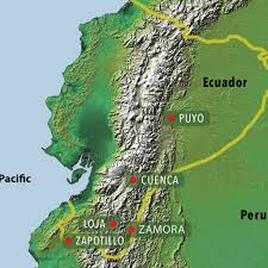 Tracing the origin of Ayahuasca (Yagé, Caapi or Aya) is much harder than its introduction to Western audiences. When psychedelics juggernaut Terence McKenna, influenced by the great ethnobotanist Richard Evans Schultes ventured in the Peruvian Rainforest between Iquitos and Pucallpa in search of the Vine, little did he know of its traditional use more interested he was in exploring its effect on consciousness and in the making of the shamanic dimension. And suffice to say, little did he learn or share on the relationship between Ayahuasca and the shaman in a traditional context. Fast-forward 43 years later, the Ayahuasca scene has literally exploded. Most of you have heard of it and, at the very least know someone who has sat with it. My first experience occurred 7 years ago*, not far from where I live. Ten months later, I would meet “my” maestro who has become my teacher, my friend and my thinking partner – not an easy combination if you ask me. Soon thereafter he introduced me to a Frenchman who has been living and working with Indigenous communities in the Amazonian rainforest for 38 years, and with whom I’ve been working professionally in different capacity to bring to life his vision to create a center** dedicated entirely to Indigenous people with the stated goal of reversing a worrisome trend, the disappearance of Indigenous traditional medicinal knowledge. I am struck by a constant in their mindset that is deeply woven into their worldview, traditions and therefore relationships: reciprocity. 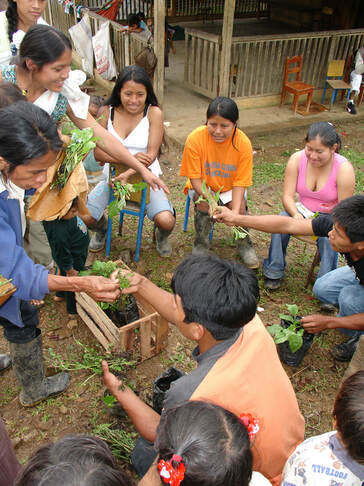 From this came other opportunities to meet and work with Indigenous/Tribal people and every time, I am struck by a constant in their mindset that is deeply woven into their worldview, traditions and therefore relationships: reciprocity. There is a purpose in everything they do. They display an immense sense of gratitude for the opportunity to do what they do, as they acknowledge the interrelatedness of their own existence with one another, their natural environment and the cosmos. 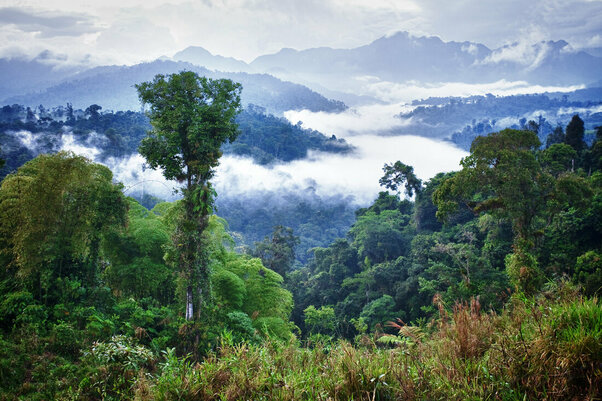 Terrence McKenna seems to have missed that at the very core of the curandero/a’s doing, whether in maintaining this symbiotic relationship healthy and thriving or in holding the visible and invisible worlds in balance, lays the fundamental universal law of reciprocity. Ayahuasca, psilocybin mushrooms, peyote, iboga and countless other medicinal plants would not have been available to us if it was not for the traditional tribal people, their worldview, values and principles, their medicine men and women who have kept this knowledge alive against all odds and for their utter generosity to share them with perfect strangers, some direct descendants of the very people who threatened their existence. But their struggle for survival continues: land rights and conservation, cultural preservation, intercultural education and healthcare settings, culturally appropriate economic development schemes are some of the needs they have identified but can’t answer for lack of fund and support. Imagine how different this will be if we, beneficiaries of these incredible technologies would apply tithing, widely practiced and critical to sustaining religious organizations and their programs. Practitioners and administrators of medicinal ceremonies could agree to allocate 10% of the donation directly to Indigenous communities and causes. *At this time, I was plagued with severe depression, substance abuse, fear of intimacy and incapacitating lower back pain. Should I credit these encounters for overcoming these afflictions, gifting me with an unsinkable sense of purpose, providing me with an unique opportunity for self-realization and living my dream-work? Undoubtfully. ** Learn more about Fundación Sacha Warmi at www.sachawarmi.org 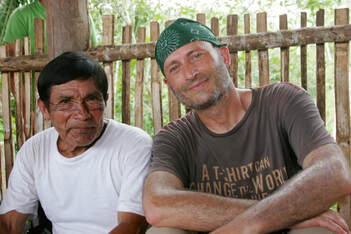 Guest Author, Marc Thibault is a social entrepreneur and thinking partner in the regenerative movement on the topic of ecosystems. He is currently involved in developing an intercultural business model in Ecuador and always available to share his experience on how to establish healthy relationships with Indigenous communities and medicinal plants. You can contact him by email marc[at]idealconvergence[dot]com. |
|
|
Sign up for the Inspired Citizen eJournal - illuminating local solutions; inspiring daily actions for a thriving world.
|
Copyright © 2023, Empowerment WORKS, Inc. All Rights Reserved

